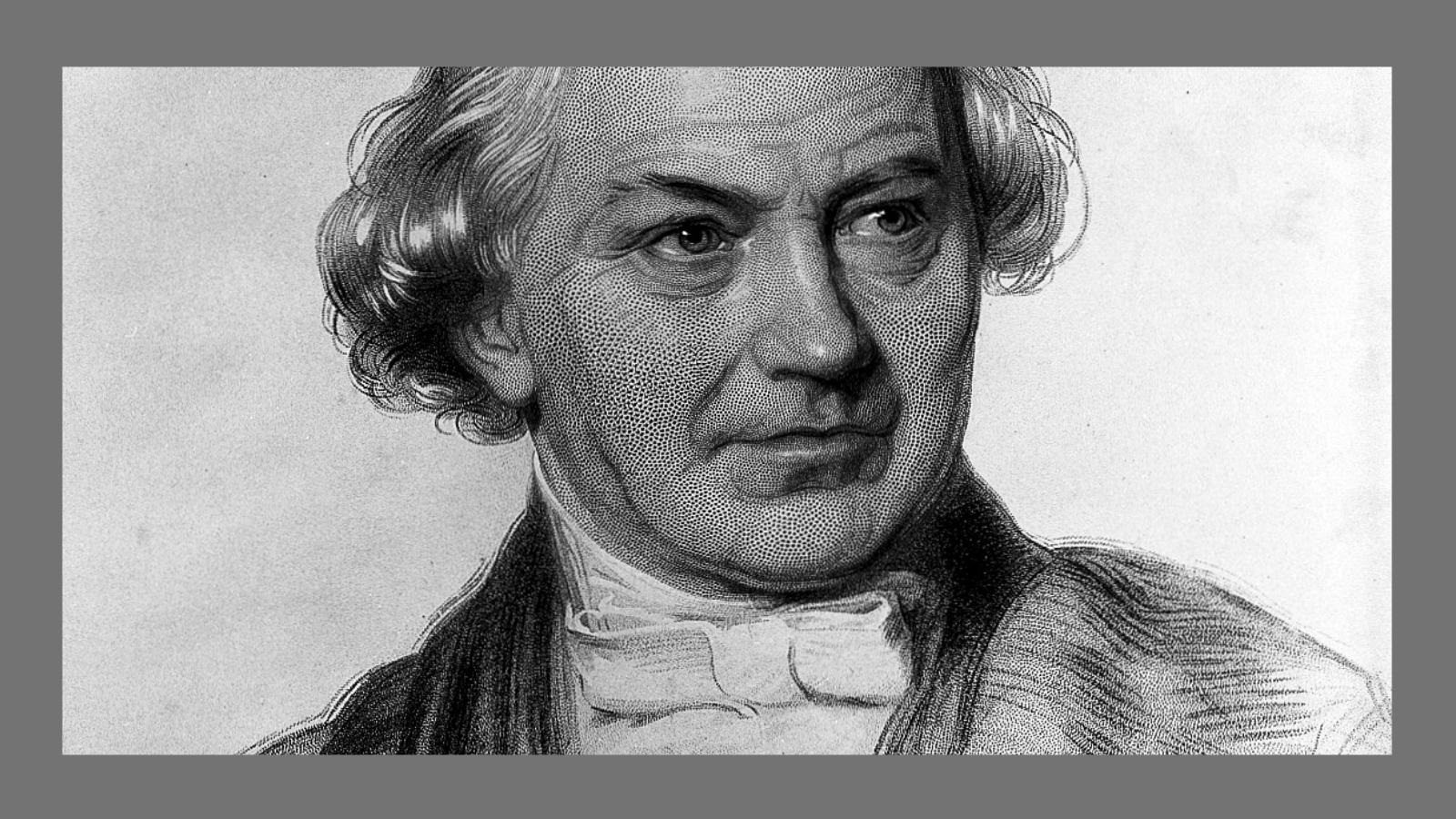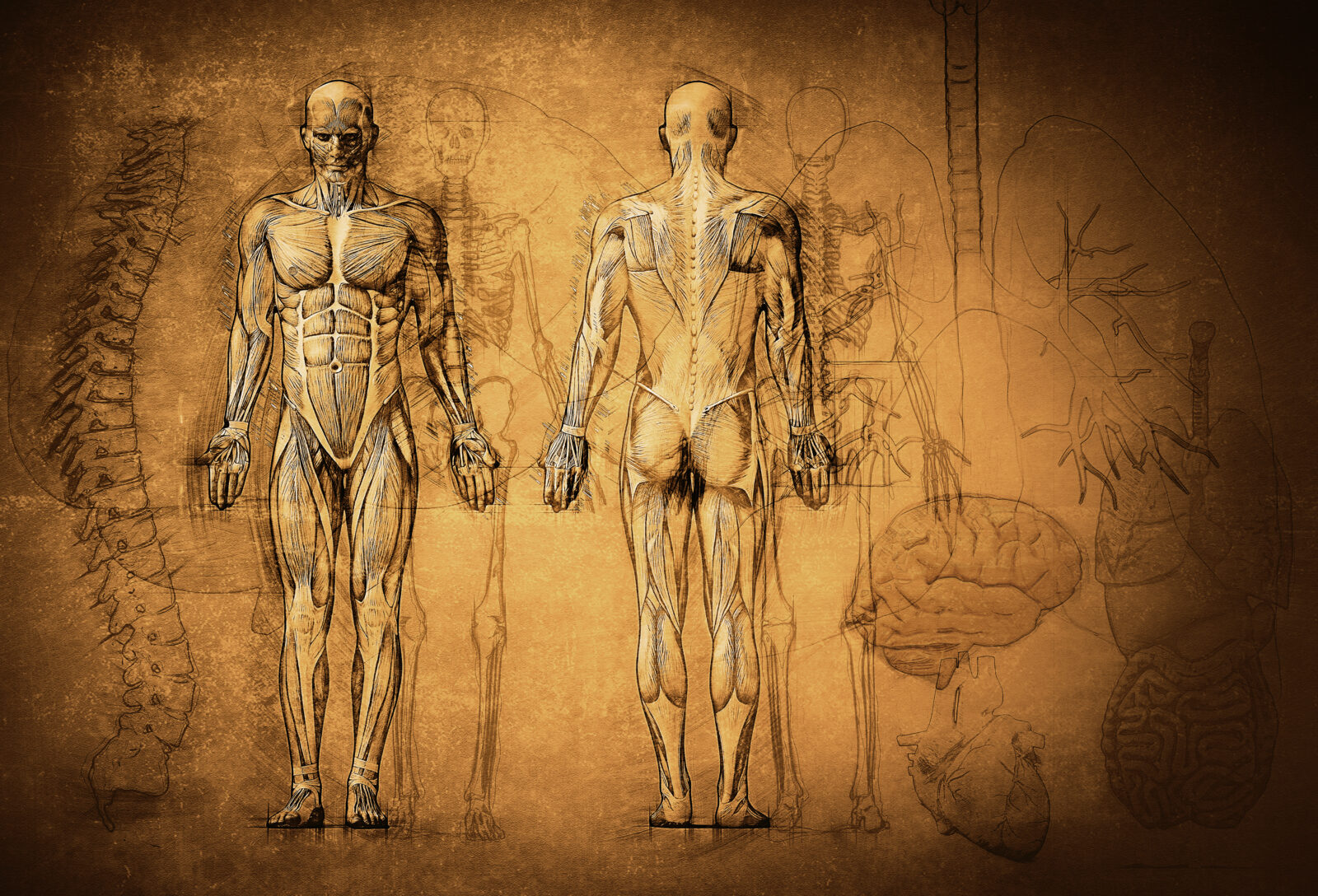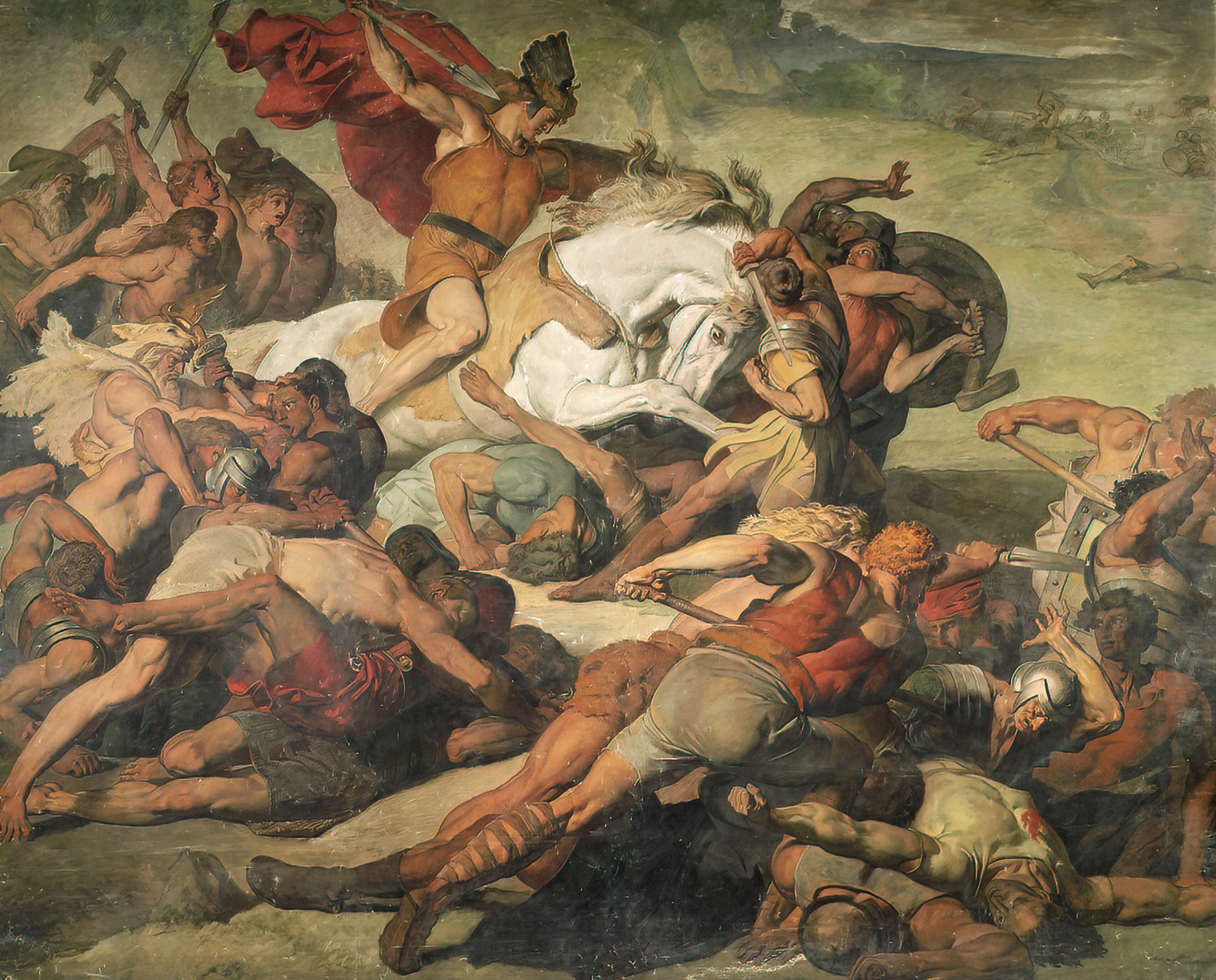


The Panda’s Thumb: An Extraordinary Instance of Design?

How the Arts and Sciences Reveal the Genius of Nature

A Cosmos Charged With Meaning and Purpose

William Whewell: Statesman of Science

When Natural and Super-Natural Explanations Work Hand in Hand

The Miracle of Man: Reflections on The Westminster Conference

Berlinski: Men Are Not About to Become Like Gods

Design or Chance? Casey Luskin on The Andrew Klavan Show

Robert Shedinger: Darwin’s Sacred Cause is “Historical Fiction”
On today’s ID the Future, science-and-religion scholar Robert Shedinger makes the case that a well-known biography of Charles Darwin, Darwin’s Sacred Cause, is deeply misleading. Specifically, the book by Adrian Desmond and James Moore holds that Darwin was significantly motivated in his scientific work by abolitionist sentiments; and Shedinger says, not so fast. He had spent considerable time reading Darwin’s correspondence and had seen no evidence of this thesis, so he reread Darwin’s Sacred Cause, this time tracking down all the key citations the book offered as evidence, and a pattern soon emerged. The sources the authors cite didn’t actually support their thesis. Some were totally irrelevant. Some were cited completely out of context. In other cases, the authors gave the impression that Darwin said something when the comment they attributed to him was stitched together from multiple correspondences and the constituent comments were often about something else altogether. Shedinger says he realized that this biography that looked to be so well documented amounted to “historical fiction.” The effect of the biography is to misrepresent Darwin in such a way as to make those who reject Darwinism appear to be opposing a saintly anti-abolitionist. While Darwin did have anti-slavery sentiments, it didn’t drive his science and he himself was anything but free from racism. In fact, his case for human evolution partly rested on deeply demeaning racist attitudes toward indigenous peoples. For more on this, see historian Richard Weikart’s book Darwinian Racism. Also in this episode, Shedinger tells host Michael Keas about how he went from a scholar fully persuaded of Darwinian theory to a skeptic of modern evolutionary theory and attracted to the theory of intelligent design. Shedinger lays out his case against Darwinism in his recent book The Mystery of Evolutionary Mechanisms.